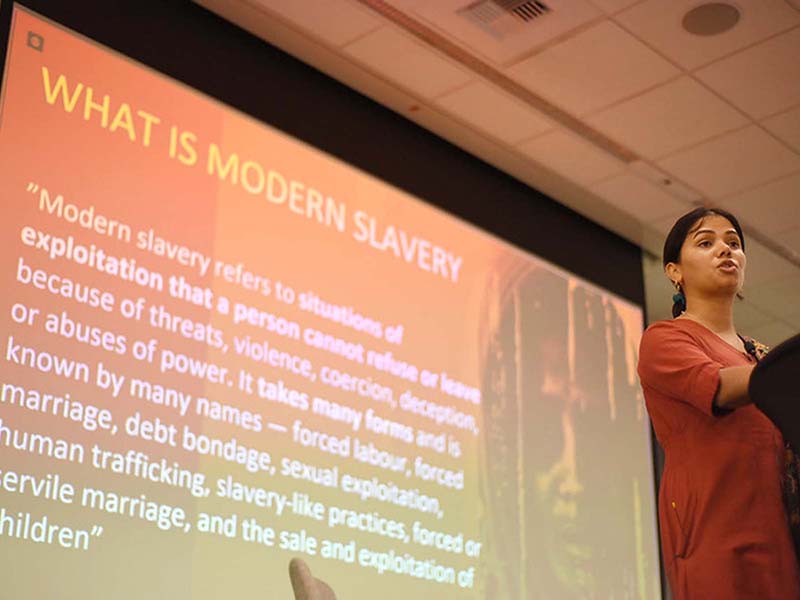The Challenge
The rapid growth in global internet and telecommunications services has resulted in significant gains in our ability to communicate freely. However, this growth has been accompanied by government efforts to restrict user access to content, acquire personal information, and interfere with private communications.
For many years, information and communications technology (ICT) companies were caught between government requirements and the users’ expectations and rights—lacking international standards to apply when governments made demands that might result in human rights infringements. To determine best practices and create these standards, BSR partnered with the Center for Democracy and Technology in 2006 to design and facilitate a multistakeholder process to fill this void.
Our Strategy
BSR worked with the group to write the foundational documents—principles, implementation guidelines, and a governance charter—that shaped the work of the Global Network Initiative (GNI), which launched in 2008 as the first group of its kind that included representatives from ICT companies, civil society groups, investors, and academics.
BSR served as the co-facilitator during this process, helping with negotiation and conflict resolution to generate consensus during debates. We also undertook the work of the GNI until it became its own legal entity in 2010. Following this, BSR wrote a public report for GNI on “Protecting Human Rights in the Digital Age,” outlining the main freedom of expression and privacy risks at different layers of the ICT value chain.
Since 2010, the GNI has had a full-time secretariat in place, and BSR no longer facilitates the organization—which reflects BSR’s occasional role as an incubator of innovative, collaborative efforts that are then implemented by others. Today, the GNI focuses on advancing its principles, recruiting new companies, sharing best practices, engaging in policy debates, and implementing its accountability mechanism.
Our Impact
The sustained success of the GNI is an indication of BSR’s own story of impact.
Partly as a result of this work, the GNI’s five member companies, which together serve more than 2 billion users, have implemented new global standards on freedom of expression and privacy. In 2013, nine global telecommunications companies launched a set of principles focused on free expression and privacy.
The GNI’s work also helped build understanding among experts from the ICT industry and from the field of human rights—two groups that previously did not regularly work together. This has helped build a growing community of experts in ICT and human rights—a significant development given the increasing importance of technology in our pursuit of human rights today.
While exact cause and effect is difficult to pinpoint, ICT companies’ increased transparency about their relationships with law-enforcement, and companies’ reformed approaches to surveillance and data collection, are among the GNI’s recent successes.
Lessons learned
The multistakeholder approach and emphasis on accountability standards has enhanced the credibility of the GNI among human rights organizations, and it is unlikely that the depth of collaboration between companies and human rights organizations would have happened without it.
However, the GNI has faced challenges expanding its corporate membership base, which has grown from three to five major internet companies. That said, because of the GNI’s open standards and multistakeholder approach, other companies that have not joined the GNI have deemed the GNI’s founding documents highly credible, and have adopted key features of the underlying principles.
Let’s talk about how BSR can help you to transform your business and achieve your sustainability goals.








